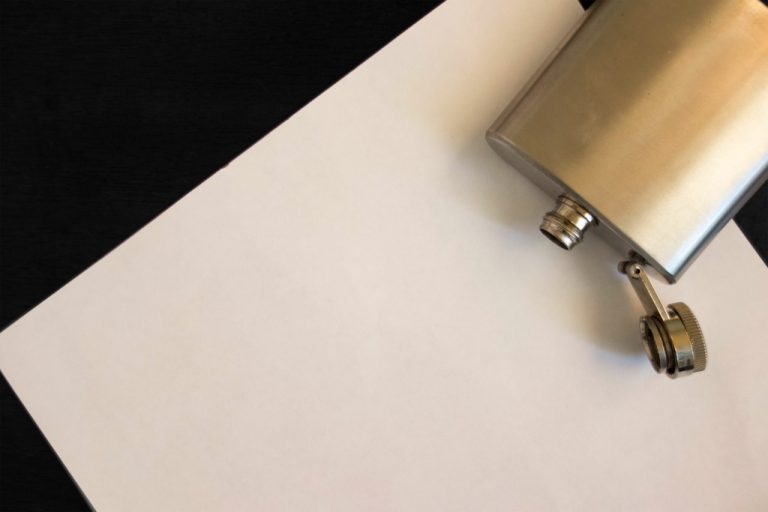Benzodiazepines are safe, effective and the preferred treatment for AWS. Benzodiazepines are cross-tolerant with alcohol and modulate anxiolysis by stimulating GABA-A receptors 24. During withdrawal from one agent, the other may serve as a substitute. They https://thewall-agency.com/10-steps-to-overcome-alcohol-addiction/ are proven to reduce withdrawal severity and incidence of both seizures and delirium tremens (DT) 40–42.
Tips for symptom management and prevention
This may include setting a regular sleep schedule, creating a restful environment and avoiding stimulants. In some cases, medication may be prescribed to help with alcohol withdrawal insomnia. It’s critical, however, to avoid self-medicating with other drugs during this vulnerable time.

Why Medical and Psychological Care Is a Must During Withdrawal?
- In the long-term, it causes a decrease in the number of GABA receptors (down regulation).
- Medications like benzodiazepines, naltrexone, and methadone play a crucial role in easing symptoms, reducing cravings, and enhancing the chances of successful recovery.
- You may reach a point where you start drinking again just to relieve your symptoms.
- Treatment can occur in various settings, such as the emergency room, outpatient clinic, intensive care unit, or detoxification facility.
- Long-acting benzodiazepines, such as Valium and Librium, are generally used for alcohol detox.
With alcohol out of the equation, though, these chemicals cause withdrawal symptoms. Multiple dosing strategies have been utilized in the management of AWS. Sobriety Staying sober after withdrawal is a critical phase in the recovery journey. Relapse prevention requires a multifaceted approach, integrating both psychological support and lifestyle adjustments. Recognizing the potential for relapse is the first step toward prevention.
Addiction Treatment
Gabapentin was as effective as lorazepam in a randomized, double blind controlled study on 46 in-patients with alcohol withdrawal in the treatment of acute mild to moderate AWS 65. Vigabatrin, an anticonvulsant agent, which irreversibly blocks GABA transaminase, showed improvement in withdrawal symptoms after only three days of treatment and is a promising agent for detoxification 66. Home detox is not recommended when you have moderate to severe alcohol withdrawal symptoms or a high risk history (e.g. seizures, DTs, unstable vitals or liver disease). If detoxing at home, safety improves with a clinical assessment, daily monitoring, home support and a clear escalation plan in case symptoms worsen.
- Benzodiazepines are the mainstay of therapy in the United States and are the primary agents used as substitutes and cross-tolerant medications for alcohol withdrawal syndrome.
- Approximately 5 mg of diazepam equivalents Table 5 is prescribed for every standard drink consumed.
- The patient’s condition must be reviewed from time to time for the appearance of signs of medical or neurological illness which may not have been evident at admission but may develop subsequently.
- Drastic changes in blood pressure and heart rate can also develop, which may lead to a stroke or heart attack.

More severe symptoms can include hallucinations, delirium tremens, and other symptoms such as anxiety, depression, sleep issues, nightmares, and increased confusion. The alcohol withdrawal syndrome symptoms production of these neurotransmitters undergoes changes when a person stops or significantly reduces alcohol intake. Alcohol withdrawal syndrome refers to a group of symptoms that can develop when someone with alcohol use disorder suddenly stops drinking.
